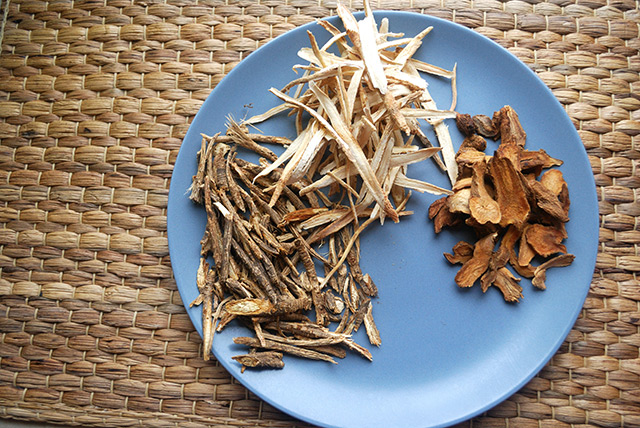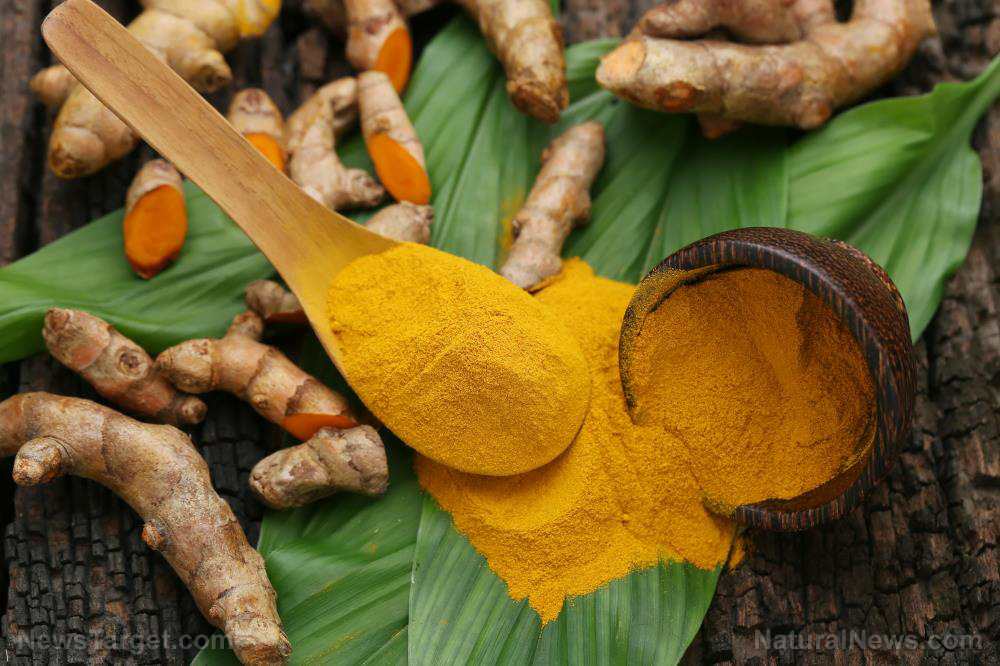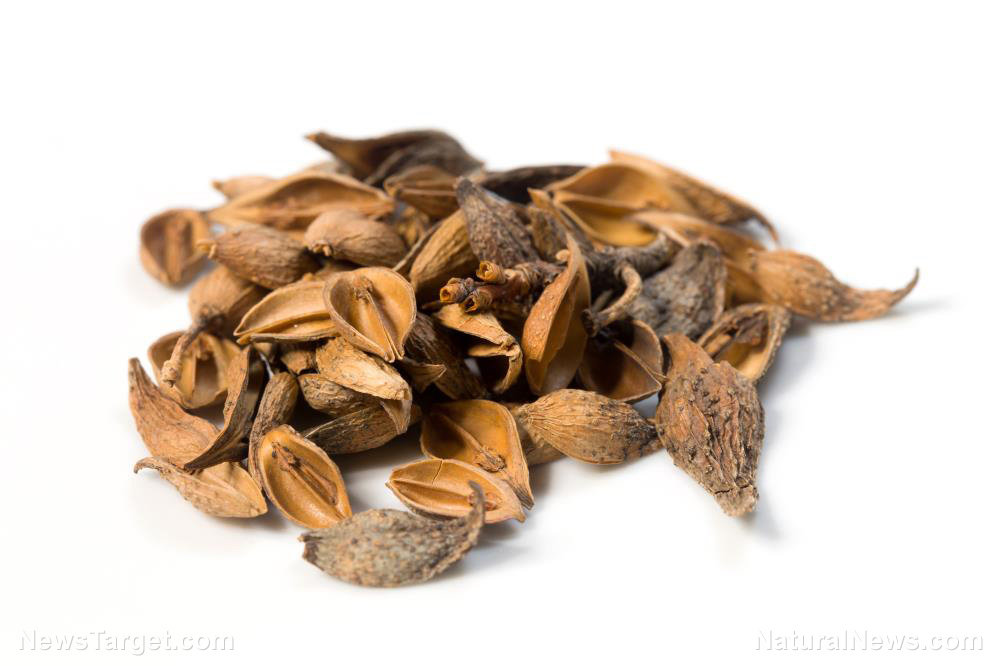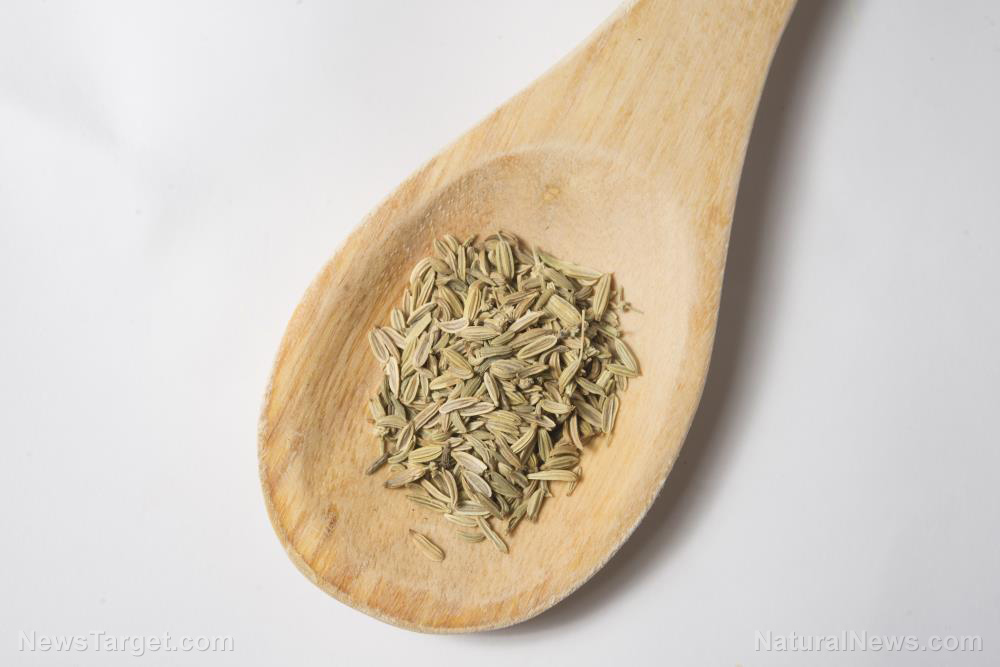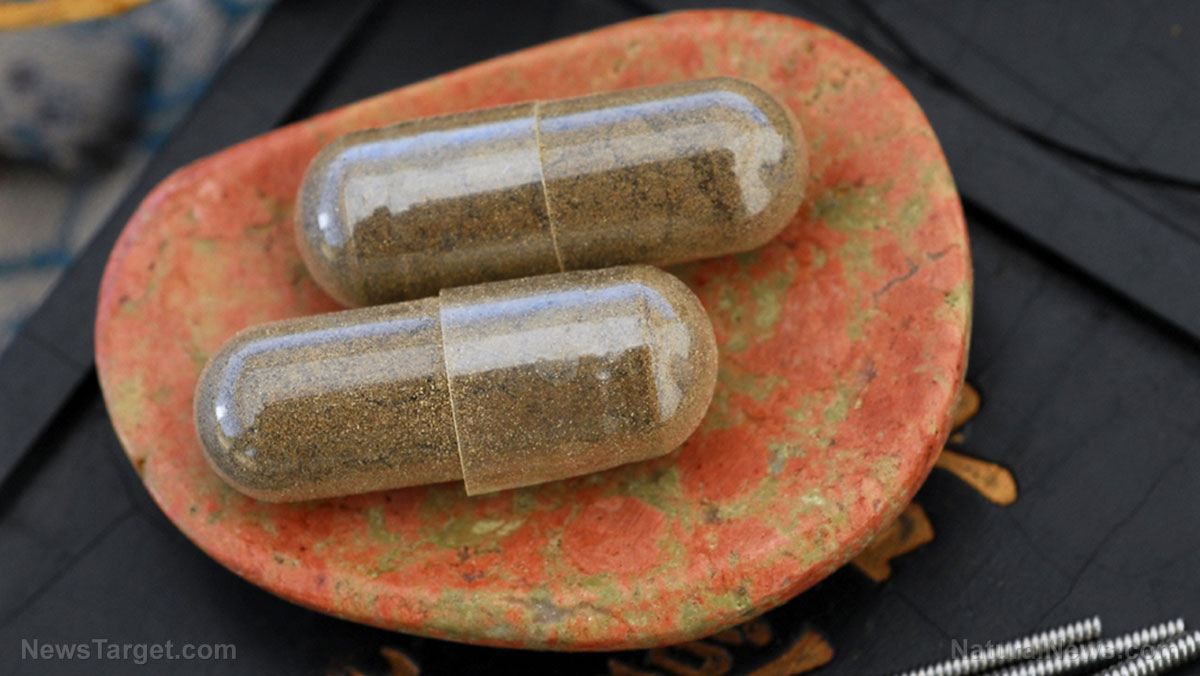Fermented red ginseng alleviates immunosuppression and colitis caused by prescription medications
07/27/2019 / By Melissa Smith
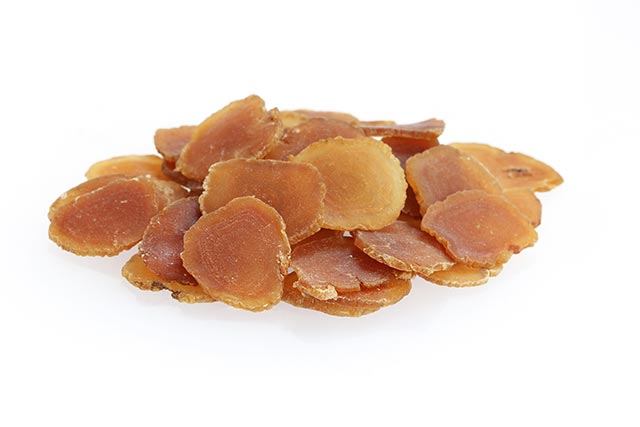
Ginseng (Panax ginseng) has long been used to treat various ailments, including colitis, according to a recent study published in The American Journal of Chinese Medicine. The researchers found that red ginseng – which is steamed ginseng root – can alleviate immunosuppression and colitis caused by the drugs cyclophosphamide and 2,4,6-trinitrobenzene sulfonic acid (TNBS). If red ginseng is fermented, the effect would be more potent.
Cyclophosphamide is a drug with cytotoxic and immunosuppressive properties used to treat inflammatory and malignant conditions, while TNBS is also a drug that induces colitis. Colitis is a chronic digestive disease that causes inflammation in the inner lining of the colon. Some conditions that can cause colitis include infection, a lack of blood supply in the colon, inflammatory bowel disease (IBD), and invasion of the colon wall with collagen or lymphocytic white blood cells.
Researchers from Kyung Hee University and Hanyang University in South Korea looked at the immunomodulating effects of various red ginseng extracts: water-extracted red ginseng, 50 percent ethanol-extracted red ginseng, enzyme-treated red ginseng, and probiotic-fermented red ginseng.
They induced immunosuppression and colitis in mice using cyclophosphamide and TNBS. Then, they orally administered the red ginseng extracts to mice.
The results showed that all red ginseng treatment significantly increased blood interferon-gamma (IFN-y) levels. Treatment with all red ginseng extracts also promoted the destruction of tumor cells by increasing levels of natural killer (NK) cells and cytotoxic T cells (Tc) in mice. These cells are lymphocytes that play a key role in fighting cancer, damaged, and infected cells.
 | Discover how to prevent and reverse heart disease (and other cardio related events) with this free ebook: Written by popular Natural News writer Vicki Batt, this book includes everything you need to know about preventing heart disease, reversing hypertension, and nurturing your cardiac health without medication. Learn More. |
Treatment with fermented red ginseng and water-extracted red ginseng substantially increased Type 1 T helper (Th1) cell differentiation. Th1 cells are a line of CD4+ effector T cell that promotes cell-mediated immune responses and is needed for host defense against intracellular viral and bacterial pathogens. These cells also produce interferon-gamma, interleukin (IL)-2, and tumor necrosis factor (TNF)-alpha or beta.
All red ginseng, except water-extracted red ginseng, increased regulatory T (Treg) cell differentiation. However, water-extracted red ginseng alone increased IL-6 and IL-17 expression in the colon of mice. Furthermore, red ginseng alleviated colitis in mice.
The researchers found that fermented red ginseng exhibited the most potent effect in suppressing TNBS-induced colon shortening, NF-?B activation, and TNF-alpha and IL-17 expression, as well as in increasing IL-10 expression.
Based on these findings, the researchers concluded that fermented red ginseng could reduce immunosuppression and inflammation by suppressing macrophage activation and regulating Th1 and Treg cell differentiation.
Red ginseng fermented with probiotics can be used to treat colitis, study finds
Another team of Korean researchers, who were from Chonbuk National University (CNU), have suggested that fermenting red ginseng powder with probiotics can be an effective treatment for fighting inflammation caused by colitis.
They believe that improving the population of gut bacteria would lead to more efficient conversion of saponin, which would, in turn, result in greater pharmacological effects on the body. When saponin reaches the gut, gut bacteria process it into useful metabolites that support various functions of the body.
In the study, the researchers fermented red ginseng by adding probiotics to it. Then, they induced colitis in mice by injecting them with dextran sulfate sodium. Next, they divided the mice into different groups: One control group and three treatment groups that received either red ginseng, probiotic supplementation, or probiotic-fermented red ginseng.
The results of the study revealed that treatment with probiotic-fermented red ginseng reduced intestinal damage and caused much greater protective activity compared to treatments using only red ginseng or probiotics. Probiotic-fermented red ginseng reduced inflammation by lowering the levels of cytokines and mRNAs.
Learn more about the potential health benefits of red ginseng at Medicine.news.
Sources include:
Tagged Under: alternative medicine, colitis, disease treatments, fermented foods, fermented red ginseng, gut bacteria, herbal medicine, immune system, immunomodulation, immunosuppression, inflammation, natural cures, natural medicine, Panax ginseng, probiotics, red ginseng, research, Traditional Korean Medicine
RECENT NEWS & ARTICLES
Herbs.News is a fact-based public education website published by Herbs News Features, LLC.
All content copyright © 2018 by Herbs News Features, LLC.
Contact Us with Tips or Corrections
All trademarks, registered trademarks and servicemarks mentioned on this site are the property of their respective owners.

